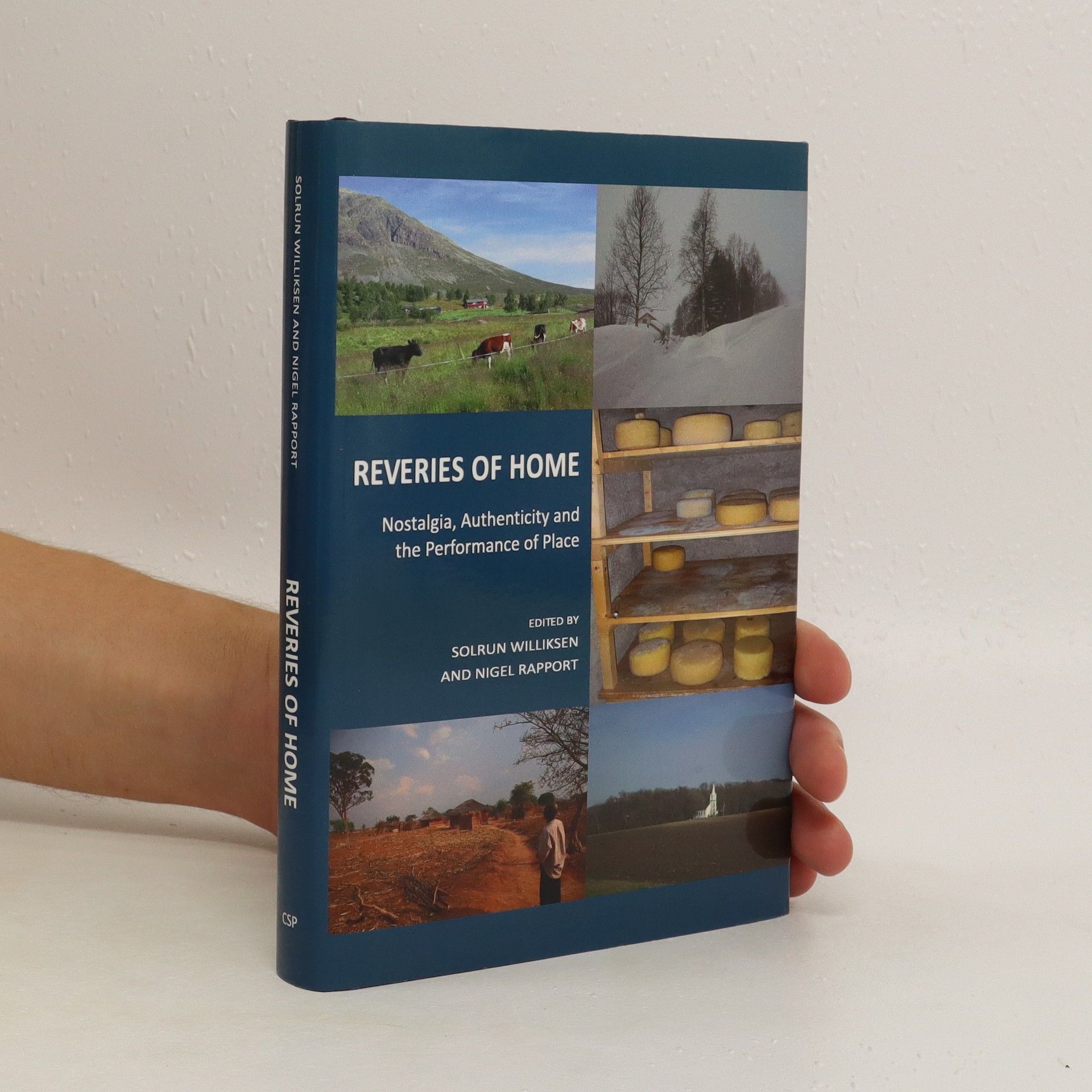Exploring the philosophical contributions of Emmanuel Levinas, this work challenges traditional anthropology's claims of understanding humanity. It posits that subjectivity and identity are inherently 'secret,' advocating for an ethics rooted in 'not-knowing' to truly appreciate 'otherness.' The book argues for anthropology's evolution into a humanistic science that authentically documents social life, intertwining Levinasian philosophy with anthropological principles to draw meaningful conclusions about the nature of human existence.
Nigel Rapport Book order (chronological)





Social and Cultural Anthropology: The Key Concepts
- 560 pages
- 20 hours of reading
This is an easy to use A-Z guide to the central concepts that students are likely to encounter in this field. Now fully updated, this third edition includes entries on material culture, environment, human rights, hybridity, alterity, cosmopolitanism, ethnography, applied anthropology, gender, cybernetics, and much more.
Reveries of Home: Nostalgia, Authenticity and the Performance of Place
- 249 pages
- 9 hours of reading
'Reveries of Home' considers understandings of home in the world today and the techniques by which homes are assured. In particular, the volume explores the relationship between the phenomenon of globalisation and the ways in which home-making entails acts of practical and symbolic emplacement in landscapes felt to be meaningful and authentic. Home-making is a continuous work for 'place' is not a neither necessarily singular nor once-and-for-all. The places of identity, of self and society, are continually generated by acts of home-making and 'Reveries of Home' explores how homes exist in time, in moments of individual and collective performance which are both mundane and memorial. A series of case-studies, from Norway and West Africa, the mid-western USA, Egypt, Scotland and elsewhere, offer an illustrative array of homes made in rural communities and urban worksites, in personal life-histories and the policies of diasporic groups, in ceremonial revivals and mundane in postcards, house furnishings, clothes and smells.
A study which attempts to formulate an anthropological approach to consciousness. This text explores the importance of the conscious self, and of the conscious collectively, in the construction and interpretation of social relations and process.
What kind of a resource - ethnographic, theoretic and methodological - does literature represent to anthropology?